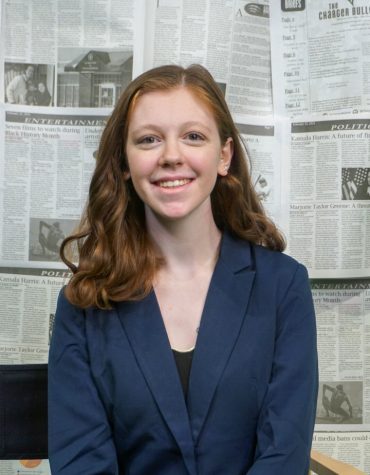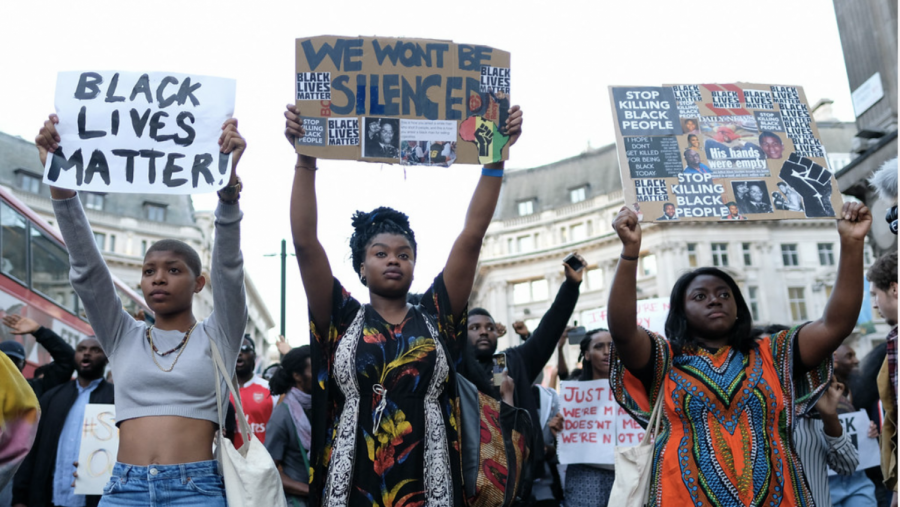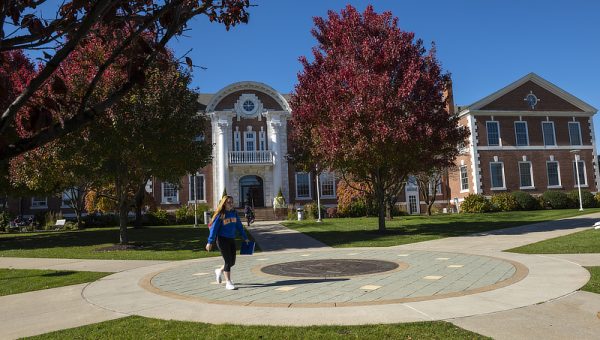How Millennials and Gen Z are impacting the election
Experts have been debating how the results of the 2020 presidential election will change education, but America’s students may be the ones changing the election.
Matthew Schmidt, national security and political science professor at the University of New Haven said that for the first time in a half-decade, Baby Boomers are no longer the majority at the polls. Instead, Millennials and Gen Z make up the largest group of voters. Students within those generations are the people enforcing discussion on current events, which were highlighted topics in the presidential debates between Republican incumbent President Donald J. Trump and Democratic candidate Joseph Biden.
“What is driving the election are exactly these issues, Black Lives Matter, wildfires and climate change,” said Schmidt, “these are issues that we know from opinion polling, are extremely important to [Millennials and Gen Z].”
For example, so far this year there have been over 4,700 protests in America over police brutality and racial injustice. A Business Insider survey found that 90% of Gen Z support the Black Lives Matter movement and that 72% expect their school to further teach on the subject.
The University of New Haven’s criminal justice chair David Myers said the university’s criminal justice program has had required courses about race, class, and gender issues for several years and is only continuing to expand education regarding it. This semester a new class on diversity and inclusion was added to the criminal justice program and is being offered in various sessions.
Myers said that criminal justice students examine current events and issues from across the political spectrum, such as the Trump administration’s First Step Act or Biden’s 1994 crime bill.
“I think that any time there are topics being presented from a political standpoint, they are relevant to issues of crime and justice and that is fair game for discussing and assessing,” said Myers.
Myers said that regardless of the election results people will want policing to be reformed, but that the election results may determine how strongly a reform is enforced.
Some trends that Myers is expecting to see following the election are an increase in crime control training, the creation of specialized police positions centered around social services, and a push for requiring higher education among officers.
“With policing itself I think you’re going to see an emphasis on higher education,” said Myers. “Right now it’s estimated that a third or less of officers have a bachelor’s degree, and maybe only 20 percent of police departments in the country require bachelor’s degrees. I think we’re going to see an expectation for the police to have bachelor degrees.”
With the amount of activism that Millennial and Gen Z has shown for current issues — policing only being one of many — politicians and educators are beginning to take note and adapt their practice.
“Climate change is no longer viewed as something you can debate. Black Lives Matter and police reform and judicial reform, in general, is no longer something you can debate,” said Schmidt. “Only things you can debate are how you’re going to do police reform, not whether you’re going to do it. How you’re going to prepare the country for climate change and change its energy structure, now whether you’re going to do it. [Millenials and Gen Z] are going to drive that.”

Beth Beaudry is a senior majoring in communication with a double concentration in journalism and public relations, and a minor in English. This is her...




